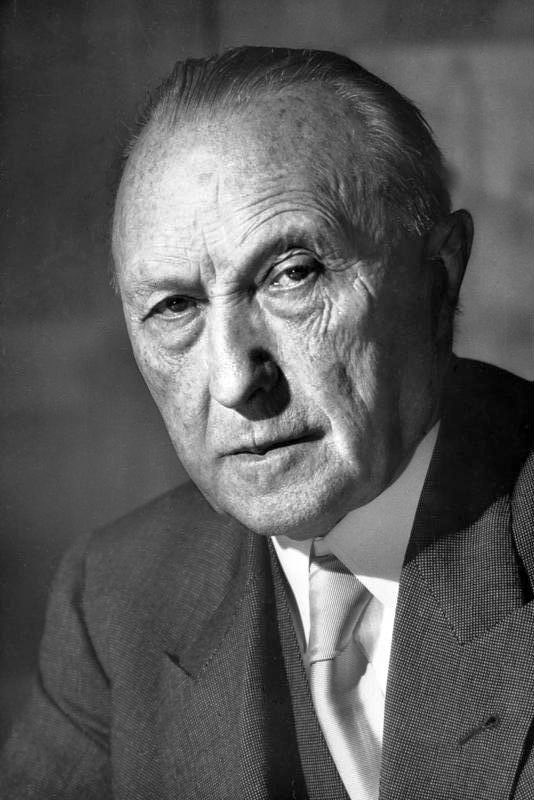2
you are viewing a single comment's thread
view the rest of the comments
view the rest of the comments
this post was submitted on 19 Mar 2022
2 points (100.0% liked)
History
23096 readers
11 users here now
Welcome to c/history! History is written by the posters.
c/history is a comm for discussion about history so feel free to talk and post about articles, books, videos, events or historical figures you find interesting
Please read the Hexbear Code of Conduct and remember...we're all comrades here.
Do not post reactionary or imperialist takes (criticism is fine, but don't pull nonsense from whatever chud author is out there).
When sharing historical facts, remember to provide credible souces or citations.
Historical Disinformation will be removed

founded 4 years ago
MODERATORS

A comparison between the governments of The GDR vs West Germany:
The GDR:
West Germany: